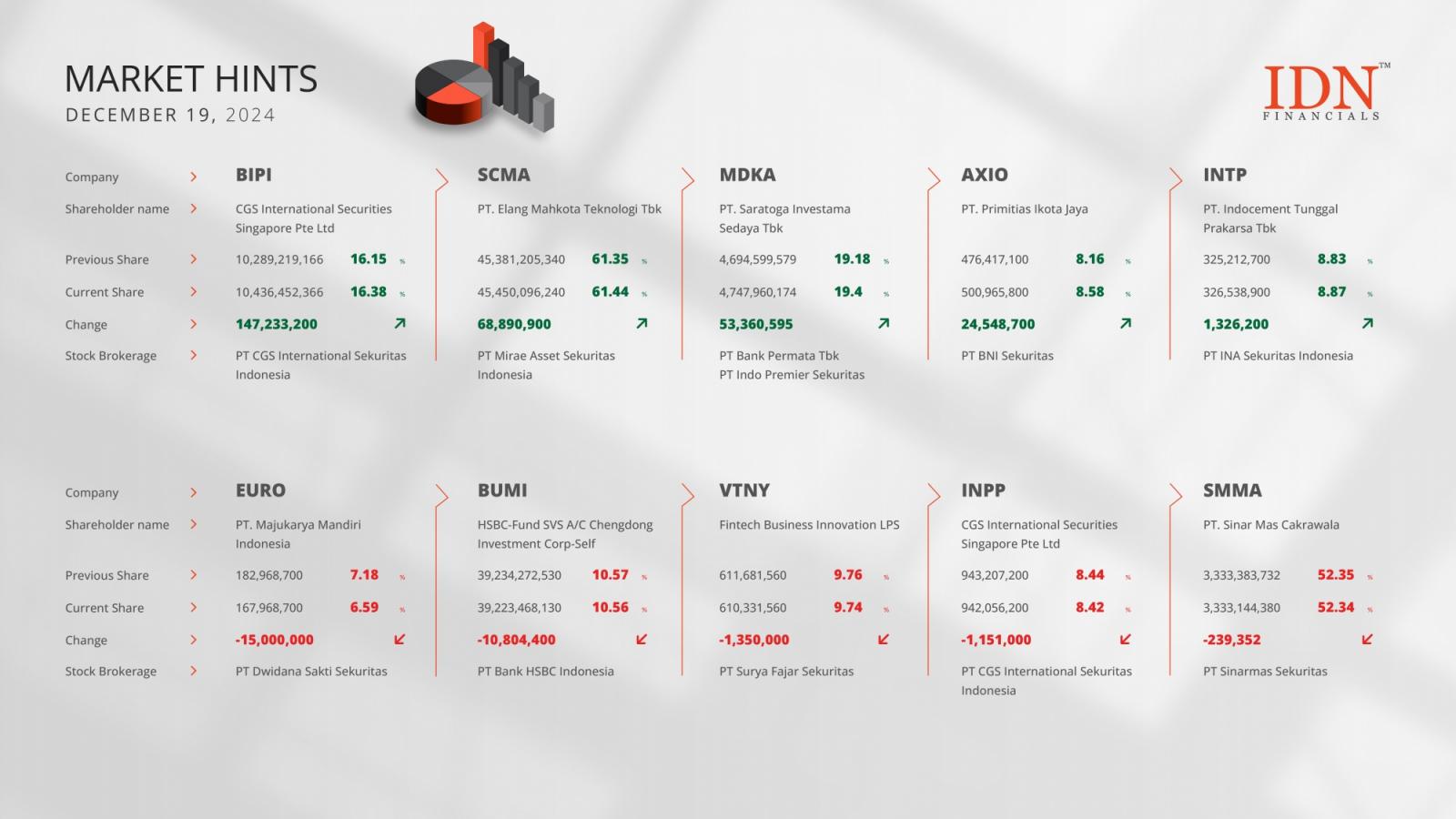
Asian stocks fell broadly on Monday as Joe Biden announced his withdrawal from the 2024 presidential race against Donald Trump and China\'s central bank unexpectedly lowered its one-year benchmark loan prime rate to bolster a slowing economy.
The dollar eased slightly as Biden endorsed Vice President Kamala Harris as the new Democratic nominee.
Gold held steady above $2,400 per ounce while oil prices edged up slightly in Asian trade after having hit a four-week low on Friday.
China\'s Shanghai Composite index dropped 0.61 percent to 2,964.22, getting little lift from the surprise 10-bps cut in short-term rates by the country\'s central bank.
Hong Kong\'s tech-heavy Hang Seng climbed 1.25 percent to 17,635.88 after recent
string of losses on concerns about U.S. restrictions against China\'s semiconductor industry.
Japanese markets fell sharply to hit a three-week low as chip-related stocks such as Shin-Etsu Chemical, Tokyo Electron and Advantest tumbled 2-4 percent.
The Nikkei average dropped 1.16 percent to 39,599, extending losses for a fourth straight session. The broader Topix index settled 1.16 percent lower at 2,827.53.
Seoul stocks declined, with battery and energy-related stocks pacing the declines. The Kospi average ended 1.14 percent lower at 2,763.51.
LG Energy Solution slumped 4.9 percent, Samsung SDI gave up 4.2 percent, SK Innovation shed 3.9 percent and LG Chem fell over 4 percent.
Australian markets closed lower on valuation concerns. The benchmark S&P/ASX 200 dipped half a percent to 7,931.70 while the broader All Ordinaries index ended down 0.52 percent at 8,166.40.
Woodside Energy fell 2.1 percent after it has entered a definitive agreement to acquire U.S. liquefied natural gas developer Tellurian.
Diversified miner South 32 plummeted 12.6 percent after reporting $818 million of impairment charges.
Across the Tasman, New Zealand\'s benchmark S&P/NZX-50 index slipped 0.13 percent to 12,309.91.
U.S. stocks ended firmly in the red on Friday amid a continued selloff in technology stocks. Also, a major global technical outage added uncertainty to an already-anxious market.
The tech-heavy Nasdaq Composite shed 0.8 percent and the S&P 500 gave up 0.7 percent to post their biggest weekly losses since April while the Dow declined 0.9 percent and managed to post a slight gain for the week.





